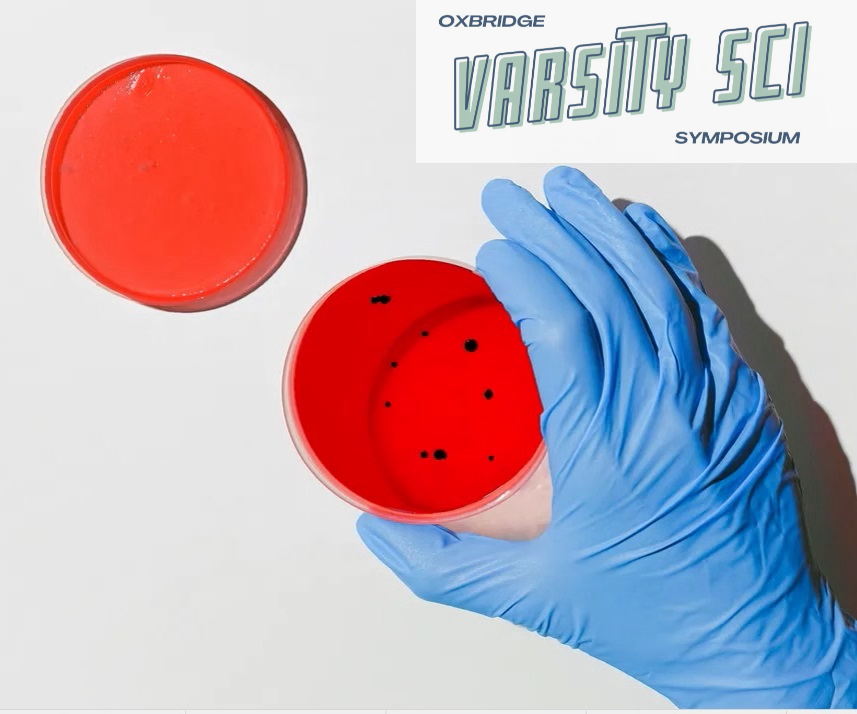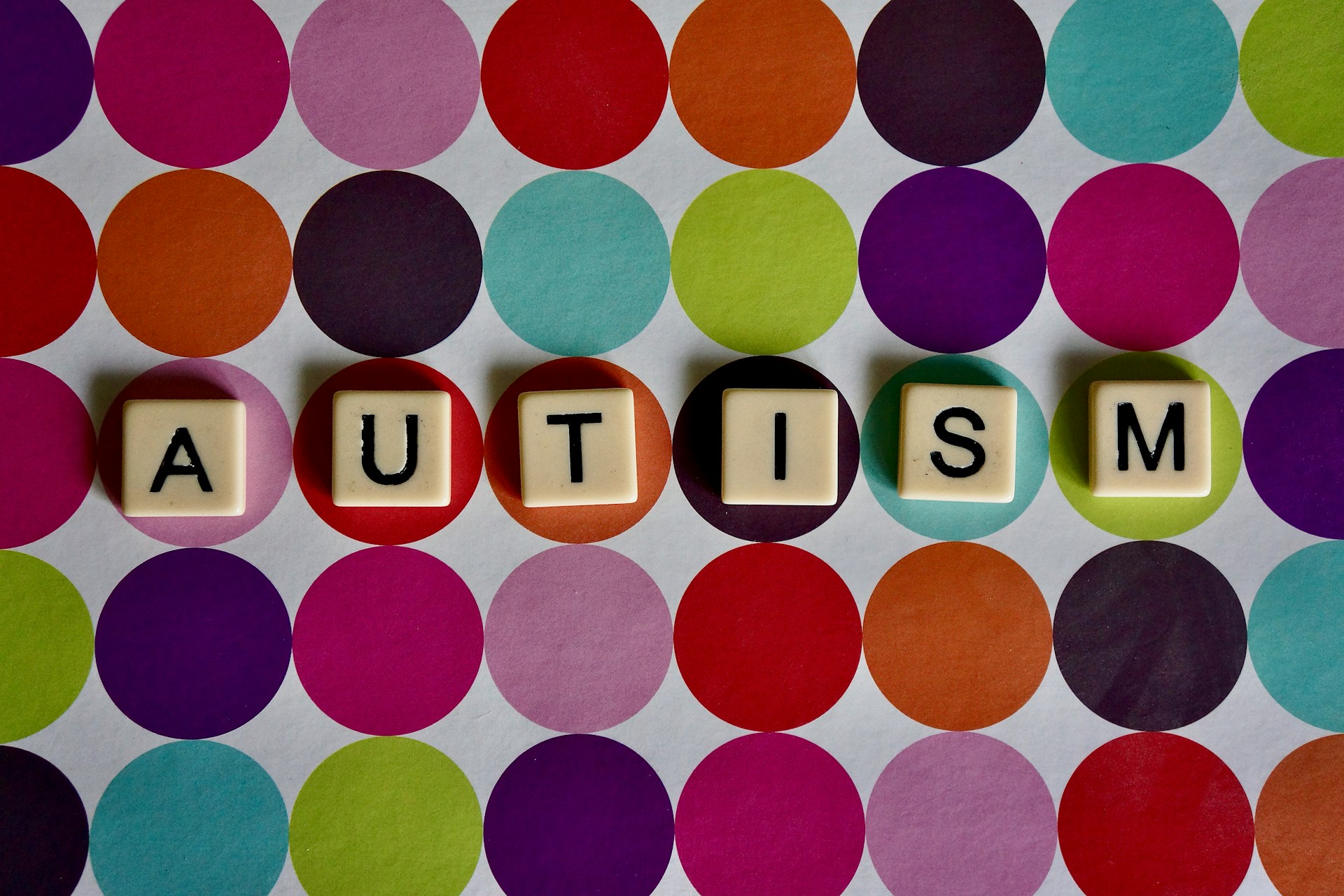Talk Summary by Jasmine Charles
On the third day of the Varsity Sci Symposium, Gayatri Tadikamalia from the University of Oxford delivered a thought-provoking presentation on anorexia nervosa and the microbiome. Throughout this clear and well- constructed slideshow, Gayatri pointed out the links between gut composition and the psychiatric illness, and tried to establish whether it was a causal or consequential relationship, and how this new evidence could inform future treatment for the world’s biggest psychiatric killer.
Anorexia nervosa is a mental disease, characterised by a significantly low BMI (Body Mass Index) caused by the consistent fear of gaining weight and body dysmorphia. The fact that approximately 50% of patients relapse after treatment is a vital reason to continue research in this area. Gayatri neatly pinpointed a new area for consideration: the microbiome, which is defined as the collection of microorganisms that are living in a human gut. But why should we consider a system so apparently unconnected to the brain? The Gut-brain axis presents a clear connection between the Central Nervous System (CNS) and the Enteric Nervous System (ENS) which covers the entire GI tract. Modes of connection include antibodies, vagal nerve signalling and hormones namely via cytokines and leptin. Interestingly, patients with anorexia nervosa have a depleted microbiome, but the question stands: is this observation a cause or consequence of the disease?
Gayatri showcases a highly relevant experiment using Fecal Microbiota Transfer (FMT) whereby fecal microbes are transferred from obese mice to germ- free mice (no microbiota present). The latter gain weight more quickly than the same experience done with the transfer from lean to germ-free. This is vital evidence to suggest that psychiatric traits are transferable with the transfer of physical matter. But how? The answer lies in the composition of the microbiota itself. The types of microbes present in the gut will fluctuate in number depending on their ease of adaptation to the surrounding environment- in the case of anorexia nervosa, a malnourished one. Through a brilliant spider-diagram, Gayatri presented the positive feedback loop initiated by some microbes to increase their fitness and outcompete other species. In this way, the microbiota becomes less varied, lowering the alpha diversity (variety of microorganisms in the microbiome) and thus contributes to changes in neural regulation of diet and satiety via the Gut- brain axis as mentioned earlier.
Could altering the microbiome via FMT be the answer to curing anorexia nervosa? Potentially. There are several treatments available, aimed at restoring weight of patients and increasing variety in the microbiome. However, due to the hypermetabolic state, anorexia nervosa patients need to consume over 4000 calories a day in order to put on weight. Nutritional rehabilitation, also known as refeeding, prompts the patient to do this, but it is a slow and uncomfortable process for many. FMT however, would directly increase the alpha diversity which proportionally correlates with weight gain, providing an increased BMI. When questioned about the safety of this treatment, Gayatri reassured that minimal side effects would ensue as FMT is already successful in treating C. difficile, a bacterial species, without negative consequences. Excitingly, clinical trials of this treatment for Anorexia Nervosa patients began this year, but Gayatri rationalises that FMT will be used in conjunction with existing care, instead of being a cure with hopes to improve treatment outcomes.
Microbiome research is becoming a hot topic in many areas of medical treatment, but this thorough research presentation indicates why we need to tread carefully. From patient to patient microbiomes are unique, fluctuating with diet, mood, and anxiety. Therefore, Gayatri confirms individual microbiota should not be used to diagnose anorexia nervosa patients at this stage in research. This being said, further research has been done to suggest unhealthy microbiomes are more likely to be the cause rather than consequence of psychiatric illnesses and thus is the initial evidence to spark preventative treatment in the future.
Overall, it was a wonderfully inspiring talk. Thanks to Gayatri Tadikamalia for presenting this research and Varsity Sci for hosting—bring on next year!
This article gives a report of the talk hosted by Gayatri Tadikamalia on the 23rd of September- Day 3 at the Oxbridge Varsity Sci Symposium.





